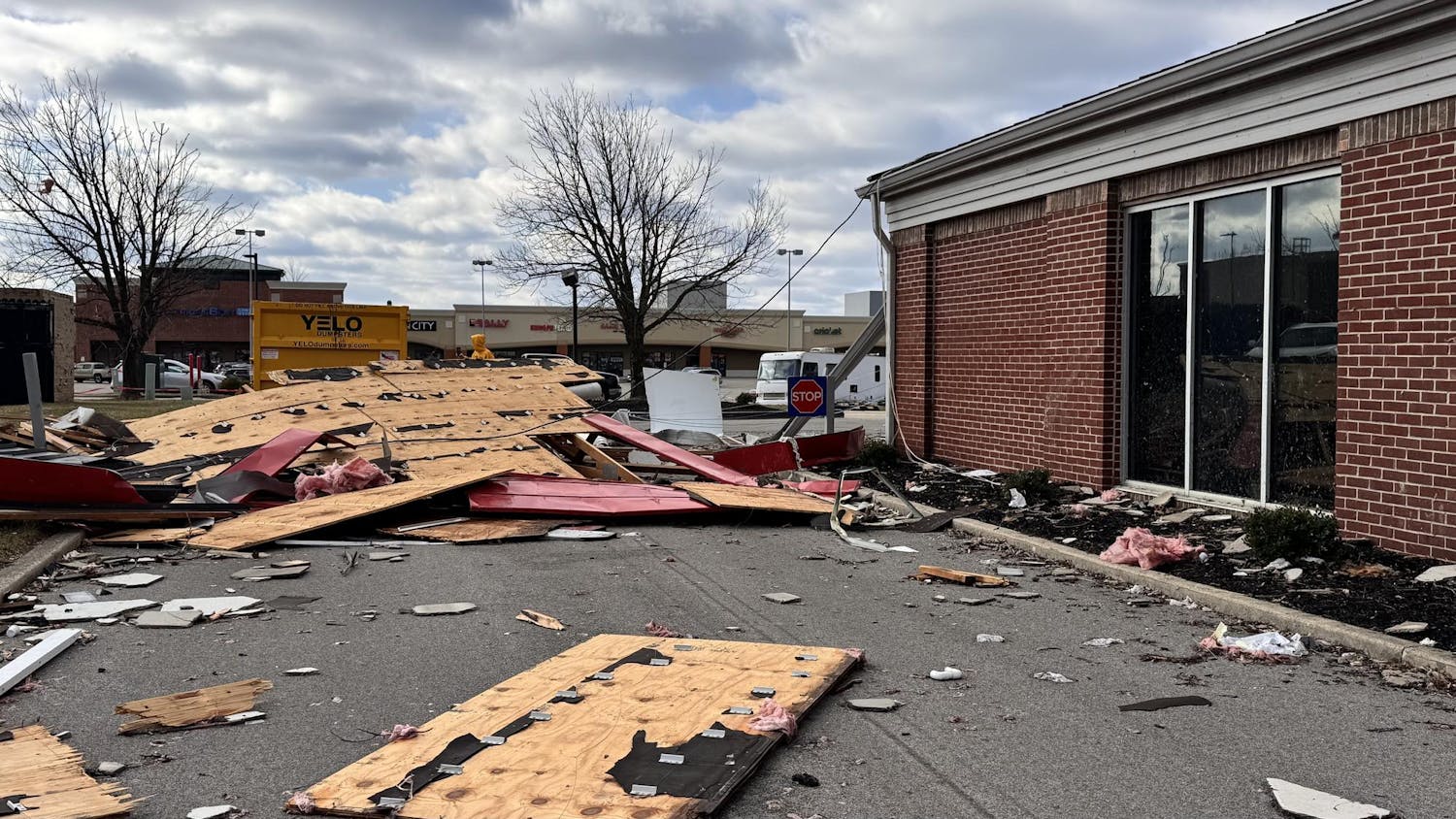After the recent Manhattan attack allegedly committed by a Uzbek immigrant, President Trump reaffirmed his goal to make the American immigration policy a merit-based system.
Ignoring how this is politicizing a tragedy the same way Republicans accuse Democrats of doing after every mass shooting, there should be a focus on the meat of his argument: merit-based immigration.
Merit-based immigration will hurt the economy and potentially harm innovation as well.
The principle of a merit-based immigrant system is that visas are given to applicants based off of their “education, skills, work experience, language proficiency and age.” If this policy is approved, it will overturn the program that has been in place for half a century, which is based on family connections in the United States.
President Trump claims that the current policies let in too many immigrants who are low-skilled and do not assimilate into American society.
His proposed plan hopes to increase the number of highly-educated and skilled workers into the United States. While there is no description of his new plan, in the days following the Manhattan attack, Trump repeatedly tweeted about immigration. He claimed that the attack was due to a lack of vetting.
While a merit-based system may sound effective in theory, it could potentially have a negative effect on U.S. industry. The United States runs on low-skilled labor.
Without agriculture and most service sectors of the economy, the country would struggle. David Card, an economics professor at University of California, Berkeley, said there will be a lack of low-skilled workers in the future anyway, especially as baby boomers leave the work force.
Some of the top-10 industries that would be affected if there was a limit on legal, low-skill immigration would be textile manufacturing, agriculture and food service. A decrease in low-skilled migrants would have trickle-down effects on the rest of the economy.
Low-skilled migrant workers are consumers that help U.S. businesses. An increase in low-skilled immigrants in a city is correlated with a decease in prices for the goods and services they provide. These people are contributing to the economy, not hurting it.
Immigrants contribute to the current economy, but they can have great impacts on future economies as well, whether through themselves or their children.
Andrew Carnegie was a son of a Scottish hand loom weaver and then revolutionized the steel industry. Chobani was founded by a Turkish immigrant, Hamdi Ulukaya. Google’s cofounder Sergei Brin came to the U.S. as a refugee. These are just a few of the examples of American innovation by immigrants or the children of immigrants.
According to President Trump, a merit-based immigration system would help, but the effects it could have on the present economy are devastating.
Low-skilled immigrants form the backbone of this nation. They provide home healthcare, work our service jobs and harvest our food.
And while limiting them may make some Americans feel safe now, all it will really do is hurt the American economy and stunt our innovation in the future.
npatwari@indiana.edu





